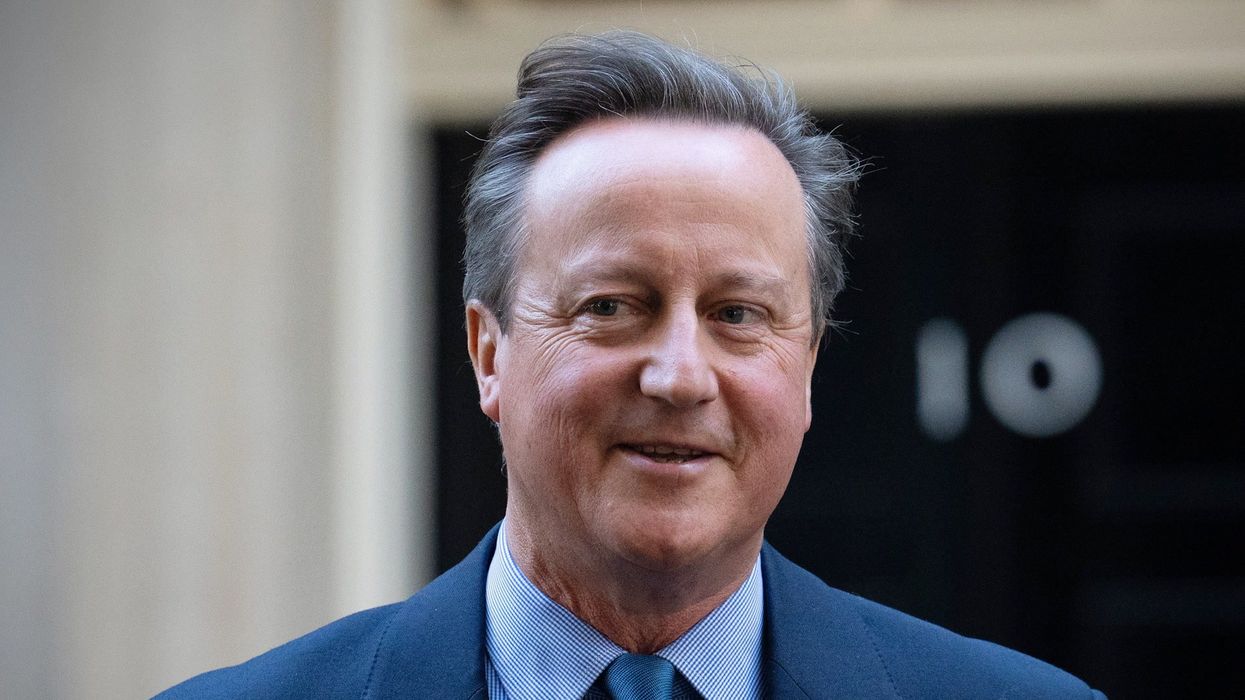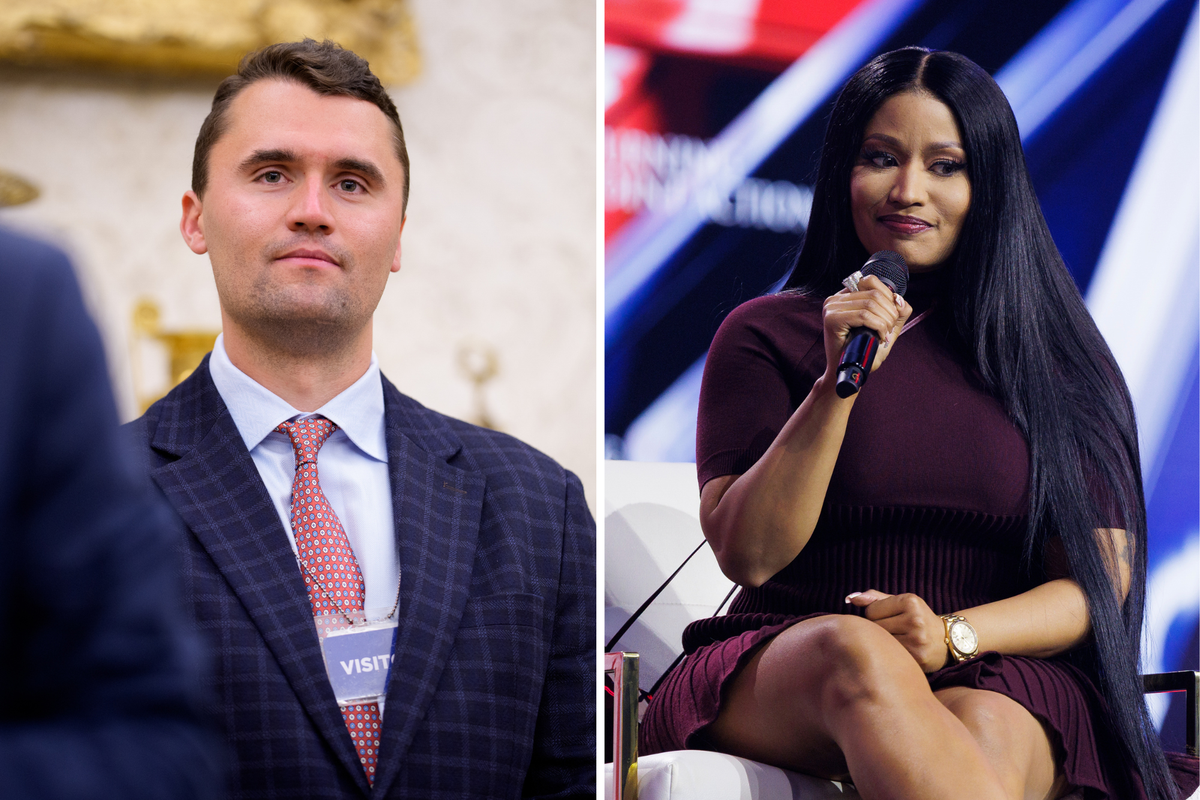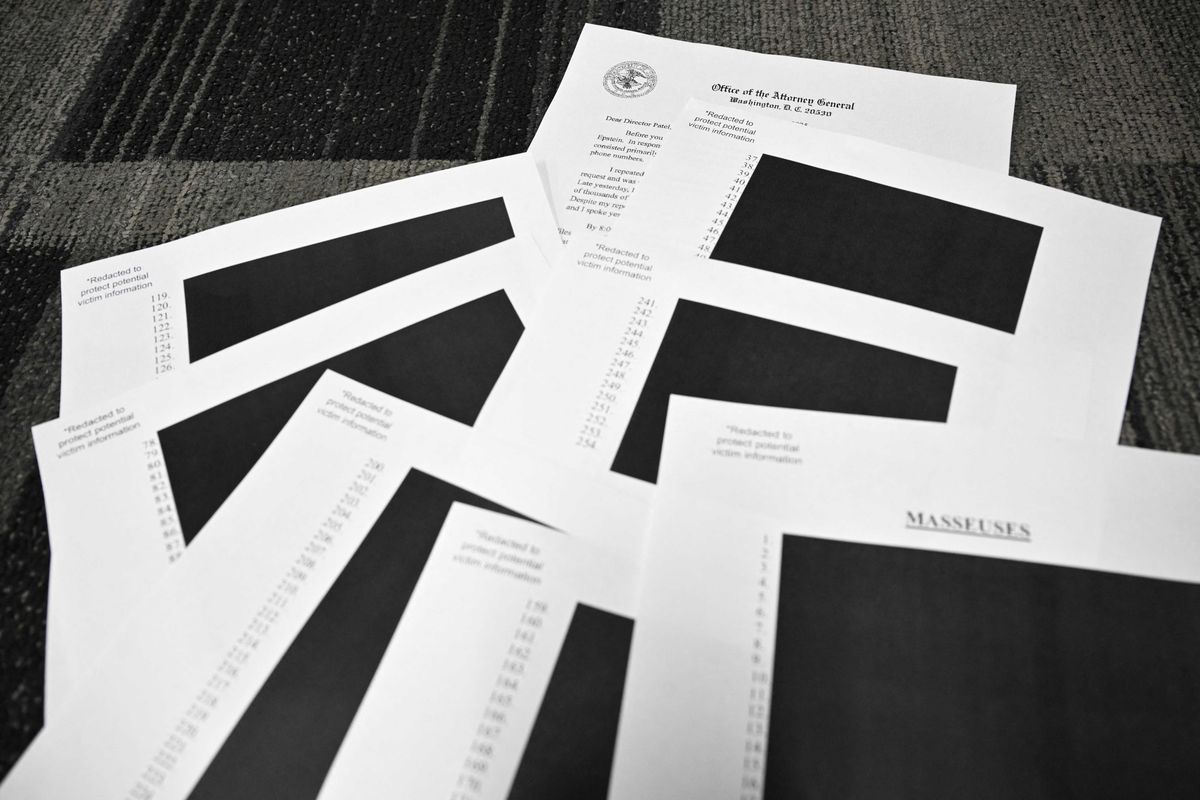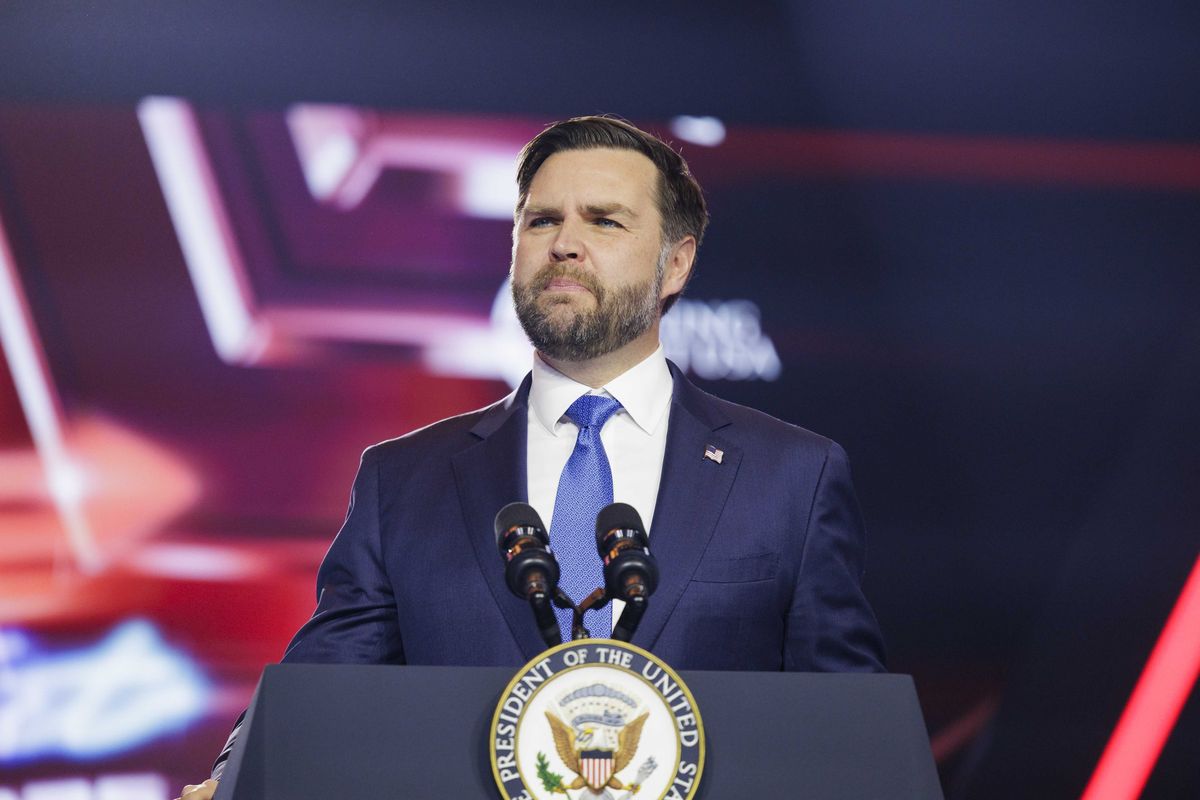Liam O'Dell
Nov 14, 2023
David Cameron says he is aware it is 'not usual' for a PM to return
Sky News
In a truly baffling turn of events, former Prime Minister David Cameron has made a return to frontline politics (by becoming a lord in order to serve as foreign secretary) and seemingly forgotten about his previous comments about parliament’s upper chamber.
Seven years since he waved goodbye to Downing Street and his constituency seat of Witney when the EU referendum returned the result he wasn’t hoping for, Cameron returned to government on Monday when he succeeded James Cleverly as foreign secretary.
Cleverly was moved over to the role of home secretary after Suella Braverman was sacked by Rishi Sunak, triggering a reshuffle.
Sharing a lengthy statement to Twitter/X, Cameron said he hopes his political experience will “assist me in helping the prime minister” to meet “vital challenges”.
He continued: “Though I may have disagreed with some initial decisions, it is clear to me that Rishi Sunak is a strong and capable prime minister, who is showing exemplary leadership at a difficult time.
“I want to help him to deliver the security and prosperity our country needs.”
As he is not currently an MP, but needs to be in parliament to be in cabinet, Cameron had the “barony of the United Kingdom for life” conferred upon him by the King, making him a member of the House of Lords.
The move is despite Cameron previously voicing criticisms of the unelected chamber, going so far as to have his government put forward the House of Lords Reform Bill in 2012 to push for elected representatives in the Lords – draft legislation which didn’t go further than the second reading following a Tory rebellion.
In a foreword to the Bill from Cameron and then deputy prime minister Nick Clegg, the pair write: “In a modern democracy it is important that those who make the laws of the land should be elected by those to whom those laws apply.
“The House of Lords performs its work well but lacks sufficient democratic authority.
“The House of Lords and its existing members have served the country with distinction. However, reform of the House of Lords has been on the agenda for more than 100 years and many governments have considered the complex issues which surround it but full reform has not yet been achieved.”
In a Commons debate in May 2012, Cameron responded to a question from Hereford and Herefordshire MP Jesse Norman about reform to the House of Lords and said: “I think [a partly, or mainly, elected House of Lords] is possible, and it would be a good reform if we could achieve it; it would be better if we had a smaller House of Lords and an elected element.”
It's a bit awkward, then, that Cameron’s new job as foreign secretary sees him hold one of the four great offices of state without being elected as an MP first, meaning the Commons will be unable to scrutinise his performance in the role and his policies, save for those serving on Commons committees.
And that issue has sparked consternation from both Conservative and opposition MPs alike, as well as rival political parties:
The issue was also addressed by Commons Speaker Lindsay Hoyle on Monday, saying in a statement to the House that he has “commissioned advice from the clerks” around “possible options” to scrutinise the work of someone from the Lords.
“This is not the first time in recent years that a cabinet minister has been appointed in the House of Lords but, given the gravity of the current international situation, it is especially important that this House is able to scrutinise the work of the Foreign, Commonwealth and Development Office effectively.
“I also look forward to hearing the Government’s proposals on how the Foreign Secretary will be properly accountable to this House,” he said.
Sign up to our free Indy100 weekly newsletter
How to join the indy100's free WhatsApp channel
Have your say in our news democracy. Click the upvote icon at the top of the page to help raise this article through the indy100 rankings.
Top 100
The Conversation (0)














